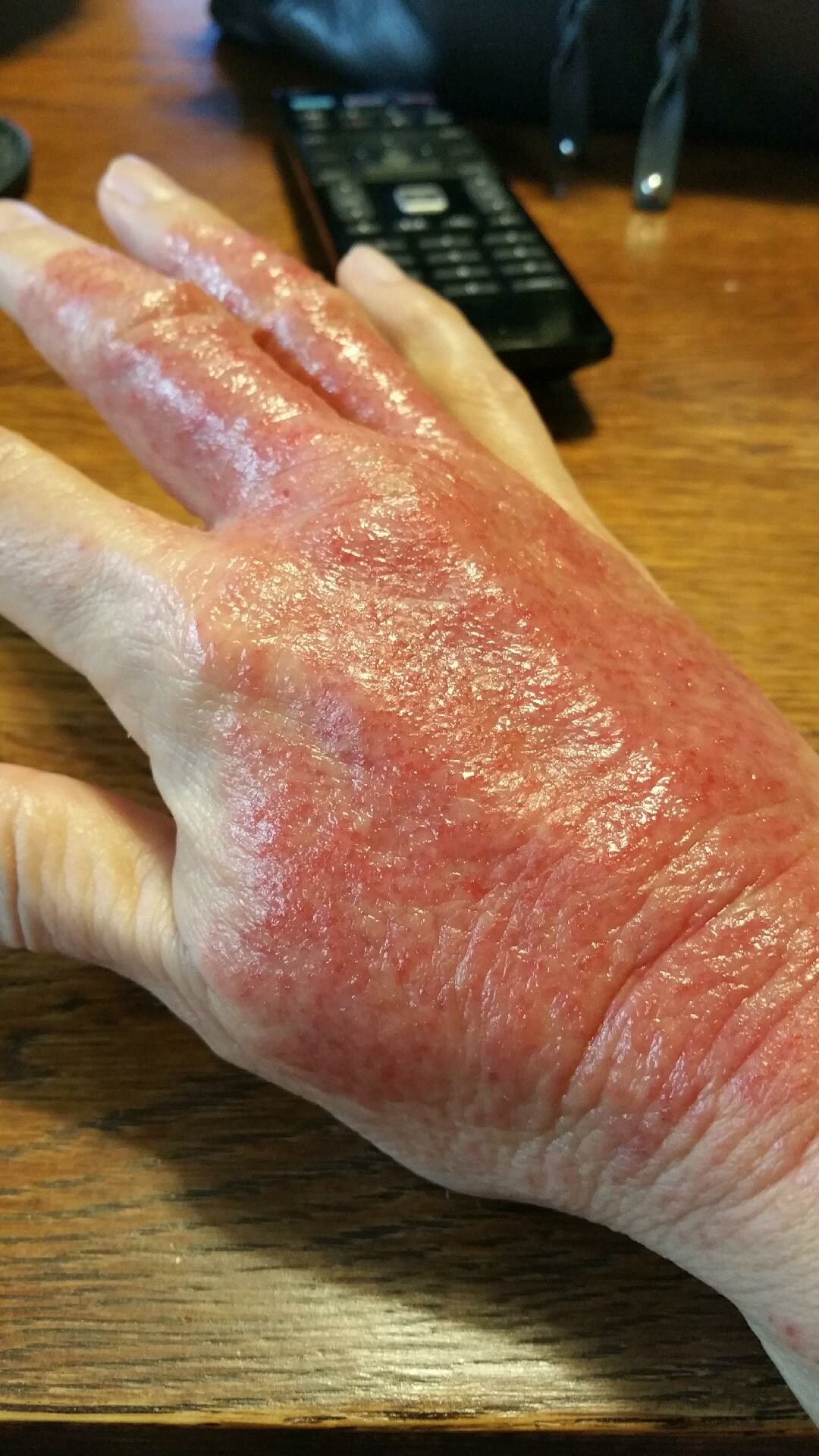
Too much acid is the general consensus as to why so many experience acid reflux. Taking steps to reduce stomach acid is the typical protocol and is beneficial for healing ailments like ulcers. This could include certain medications and/or suggested lifestyle changes.
Tips for Reducing Acid Reflux
- Lifestyle Changes
- weight loss: helps reduce pressure on esophagus
- eating habits
- smaller and more frequent meals
- avoid lying down for at least two hours after eating
- eat slowly and chew thoroughly
- avoid trigger foods
- coffee and tea
- alcohol
- chocolate
- peppermint
- citrus
- carbonated beverages
- spicy foods
- dairy
- eggs
- soy
- grain (symptoms often resemble those of gluten intolerance) Consider this article.
- sleep: elevate head 6-8 inches
- clothing: wear loose-fitting clothes
- smoking: stop
- exercise
- at least 150 minutes per week of moderate walking, biking, gardening
- avoid exercising right after a eating
- green vegetables: more alkaline to offset the pH of the acid
- Manage Stress: your stomach's ability to produce acid is directly connected to stress events. Watch this video.
- Medications: neutralize acid and prevent production
- Simple Antacids
- Proton Pump Inhibitors (PPIs)
- H2 Blockers
What if, however, "too much" acid is not the issue? A recent Cedars Sinai nationwide study disclosed that approximately one-third of US adults experience the uncomfortable symptoms of acid reflux every week despite taking popular medications. They may actually be suffering from a condition called "hypochlorhydria" which is "too little" acid.
Why Stomach Acid is Important
- Required to break down foods (esp. proteins) to benefit the body for:
- energy
- micronutrients
- pancreatic enzyme release to naturally neutralize the acid as food moves into the small intestine

Increased Risks of Hypochlorhydria
- infections/bacterial overgrowth
- osteoporosis
- vitamin and mineral deficiencies/malnutrition
- vitamin B12
- calcium
- folate (vit B9)
- iron
- zinc
- magnesium
- vit D
- protein deficiency
- fat malabsorption
- indigestion
So, how do you know if you have too much or too little stomach acid? There is a simple test you can do that requires a glass of water and baking soda.
First thing in the morning mix 1/4 tsp of baking soda in 4-6 ounces of cold water before eating or drinking anything else. If you have not burped or belched within 5 minutes of drinking this solution, then that could be an indication of insufficient stomach acid.**
 |  |
I personally did this test. As a "celiac" I am always struggling with digestive issues so I can use all the stomach acid I can get to help break things down. Everyone's needs are different. However, if you would like to know what I am doing, feel free to reach out to me.
**not to be taken as medical advice







